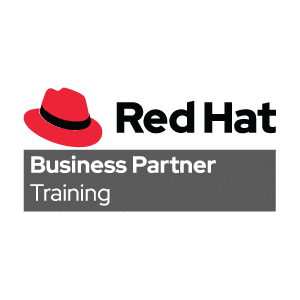This course is based on Red Hat Enterprise Application Platform 7.0. This course is a combination of Red Hat Application Development I: Programming in Java EE (AD183) and Red Hat Certified Enterprise Application Developer Exam (EX183).
In this course, you will learn about the various specifications that make up Java EE. Through hands-on labs, you will transform a simple Java SE command line application into a multi-tiered enterprise application using various Java EE specifications, including Enterprise Java Beans, Java Persistence API, Java Messaging Service, JAX-RS for REST services, Contexts and Dependency Injection (CDI), and JAAS for securing the application.








